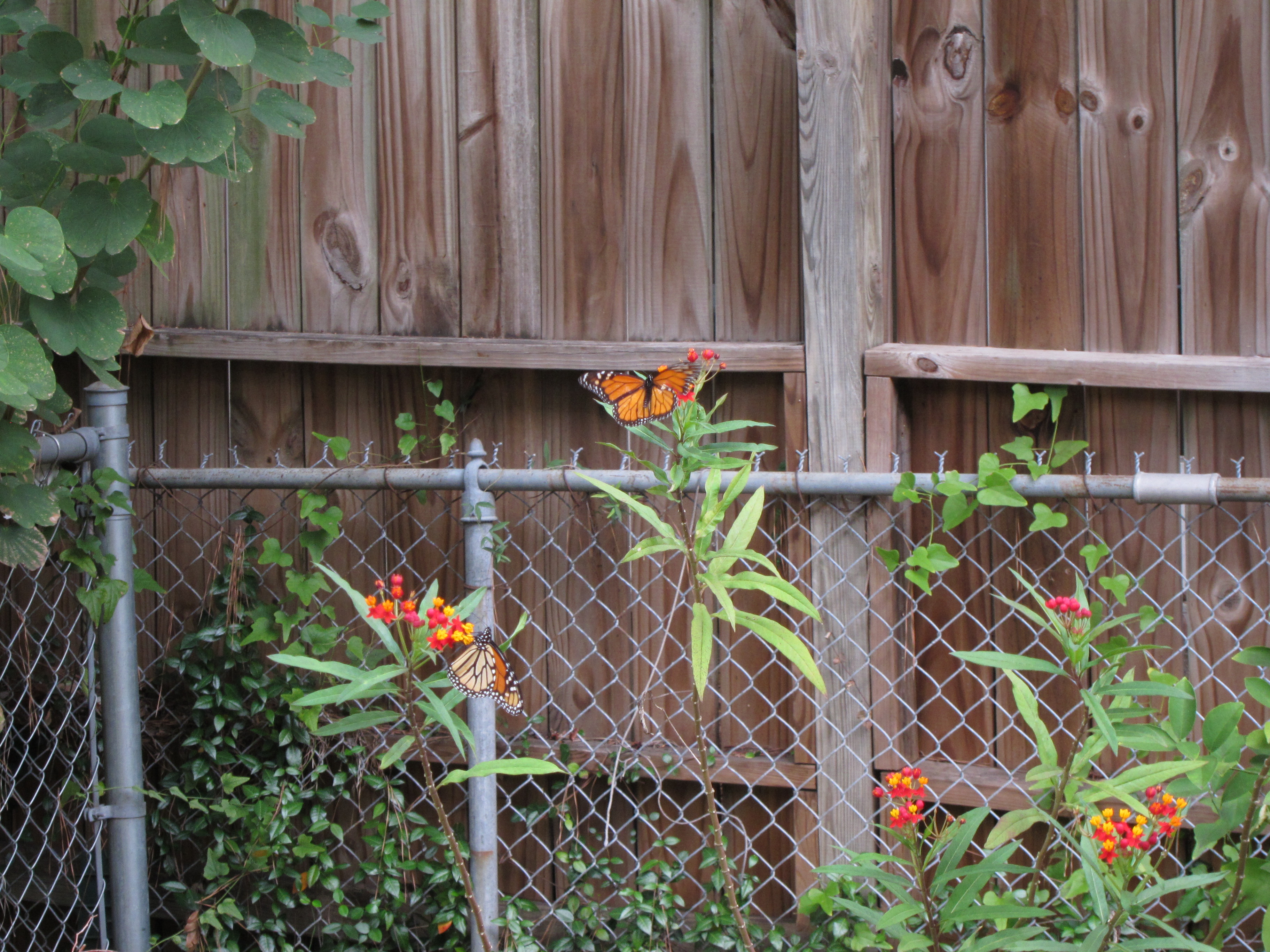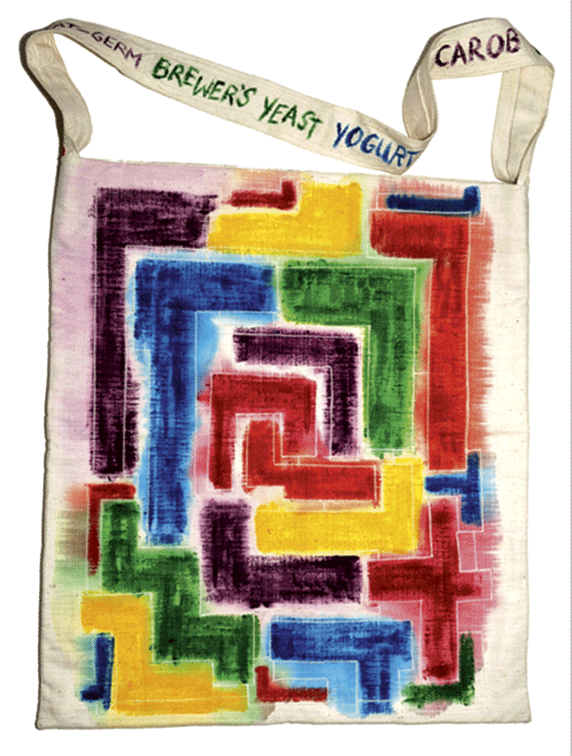I’m buried in books today. Surrounding me are piles of The Foreign Language of Friends as I ready them for book contests. Entry forms are accompanied by stacks of one, two, or three copies, depending on the requirements of the contest. It’s a busy time of year, with plenty of deadlines early on. I also got the crazy notion a few days ago to enter Blood & Loam into Amazon’s Breakthrough Novel Award contest. That means getting all the polishing done in the next few weeks, all while I have to leave my home periodically to let possible buyers parade through. I tell myself I must be crazy, but I have made it a rule to follow my intuition at all times, so I’m up for the challenge!
On my iPad, via Kindle, I’m reading Twin-Bred by Karen Wyle, a wonderful sci-fi book. In Wyle’s fictional world, humans are cohabiting a planet with a species called Tofa, and prejudice and miscommunication abound. In a special project, human and Tofa babies are gestated in host mothers as twins, in the hopes that the special twin bond will help the two species learn how to bridge their differences. It’s a good read, and I especially love the scenes of the little kids as they start to grow up and play, acting like the little kids they are, and not the world saviors they’re expected to become.
Karen is part of my online writing group, the Blooming Late gals of She Writes. If you’re a woman over 40, come on over and visit if you get a chance. There’s a lot of talent in this group!
In addition, Julia Cameron’s new book, The Prosperous Heart, came out last week. Like her masterwork The Artist’s Way, the new book offers simple exercises to unblock us, this time from blocks to prosperity. Though the use of money is examined, this is more a book about feeling that sense of having “enough” in our lives.
I bought it mainly because I want Julia to keep doing what she’s doing, but I didn’t think there would be much for me. I was wrong. These gentle but powerful exercises are already starting to unlock parts of my brain, giving me new and surprising ideas for marketing my work as well as the work of other writers who deserve to have readers find them. Though Cameron’s process is spiritual, it is also practical, which appeals to my active left brain. The book does NOT promote positive thinking, but rather positive action. As I go along, I’ll keep you posted on my progress with this 12-week program.
Speaking of positive thinking, Barbara Ehrenreich, author of the laudable Nickel and Dimed, has written some not-so-positive things about the positive thinking movement that now pervades our workplaces, churches, and financial institutions in her book Bright-Sided: How the Relentless Promotion of Positive Thinking is Undermining America. In coming days, I’ll write more about this book, which I’m still “chewing” on. I don’t agree with all of it, but she makes some excellent points that are worth examining.
Finally, as I promised last week, I’ll write more about Steven Pressfield’s The War of Art: Break Through the Blocks and Win Your Inner Creative Battles. Last week, when I wrote about my weight loss intentions for the year, some readers resonated with my fear of success. “Why do we do that?” a reader asked. Well, maybe we can figure that out. Pressfield’s book provides a great foundation for examining this block, which seems particularly difficult for women. Whether we’re losing weight, writing books, or have other goals, Pressfield’s advice can help us move beyond self-sabotage.
At any rate, these and other books that I’m reading should make for some lively discussion. What are you reading?






